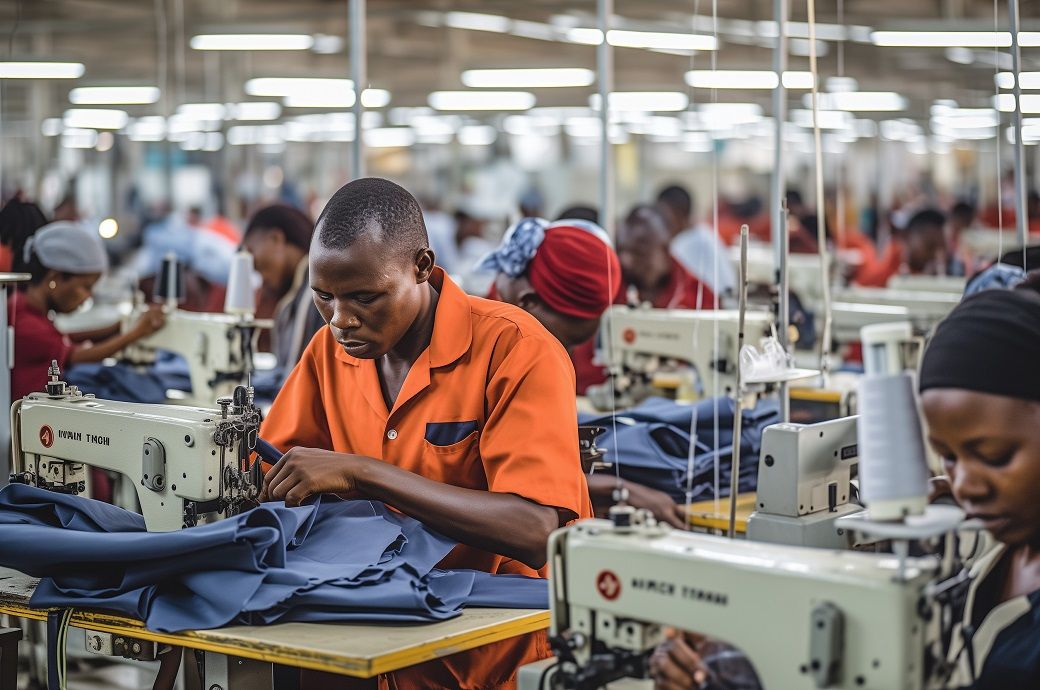
There has been a promising decline in wage inequality in two thirds of countries since 2000, as per a recent report by the International Labour Organization (ILO). However, it emphasises that substantial wage disparities remain across the globe, particularly between high and low income countries.
Wage inequality has decreased at an average annual rate of 0.5 to 1.7 per cent, with the most significant reductions observed in low income nations, where annual decreases ranged from 3.2 to 9.6 per cent over the past two decades, according to the report titled ‘Global Wage Report 2024-25: Is wage inequality decreasing globally?’
In wealthier countries, wage inequality has shrunk at a slower pace, with reductions of 0.3 to 1.3 per cent annually in upper middle income countries and between 0.3 to 0.7 per cent in high income countries. Despite the overall decline in wage inequality, the ILO notes that the decrease has been more significant among high wage earners, and the lowest paid workers continue to face considerable challenges.
Globally, the lowest paid 10 per cent of workers earn just 0.5 per cent of the global wage bill, while the highest paid 10 per cent earn nearly 38 per cent. Wage inequality is the highest in low income countries, where close to 22 per cent of wage workers are classified as low paid.
The report also highlights that while global real wages grew by 1.8 per cent in 2023, with projections for 2024 showing a 2.7 per cent increase, regional wage growth remains uneven. Emerging G20 economies saw stronger wage growth, with real wages rising by 1.8 per cent in 2022 and 6.0 per cent in 2023, while advanced G20 economies experienced a decline in real wages for two consecutive years, with a drop of −2.8 per cent in 2022 and −0.5 per cent in 2023. Wage workers in Asia and the Pacific, Central and Western Asia, and Eastern Europe saw their real wages increase at a faster pace compared to other regions of the world.
"The return to positive real wage growth is a welcome development. However, we must not forget that millions of workers and their families continue to suffer from the cost of living crisis that has eroded their living standards and that wage disparities between and within countries remain unacceptably high," said ILO director-general, Gilbert F Houngbo.
"National strategies to reduce inequalities require strengthening wage policies and institutions. But equally important is to design policies that promote productivity, decent work and the formalisation of the informal economy," said Giulia De Lazzari, ILO economist and one of the main authors of the report.
The report concludes that reducing wage inequality requires both strong wage policies and structural support for equitable growth, which could help ensure fair wages and sustainable economic growth for workers worldwide.
Fibre2Fashion News Desk (HU)